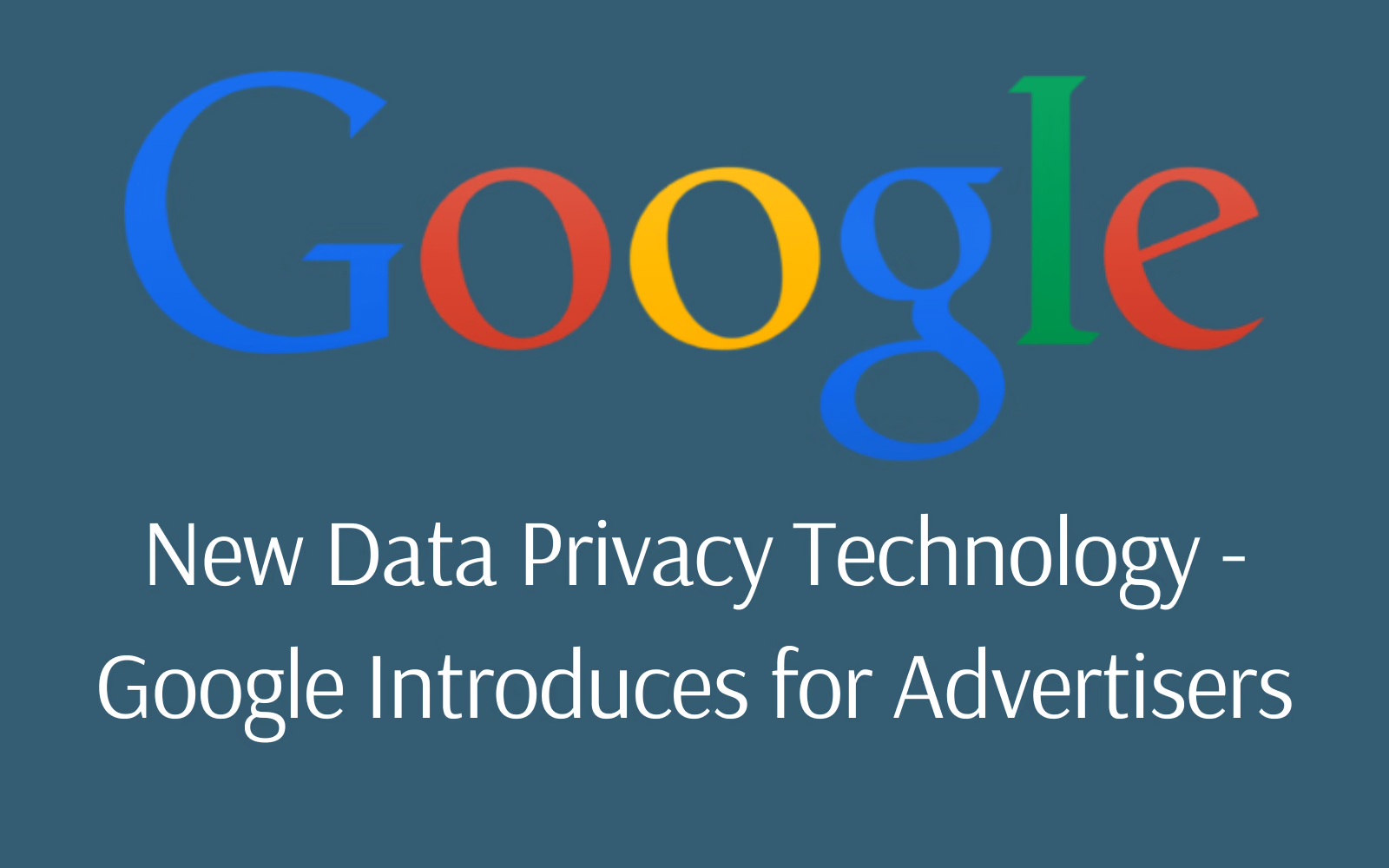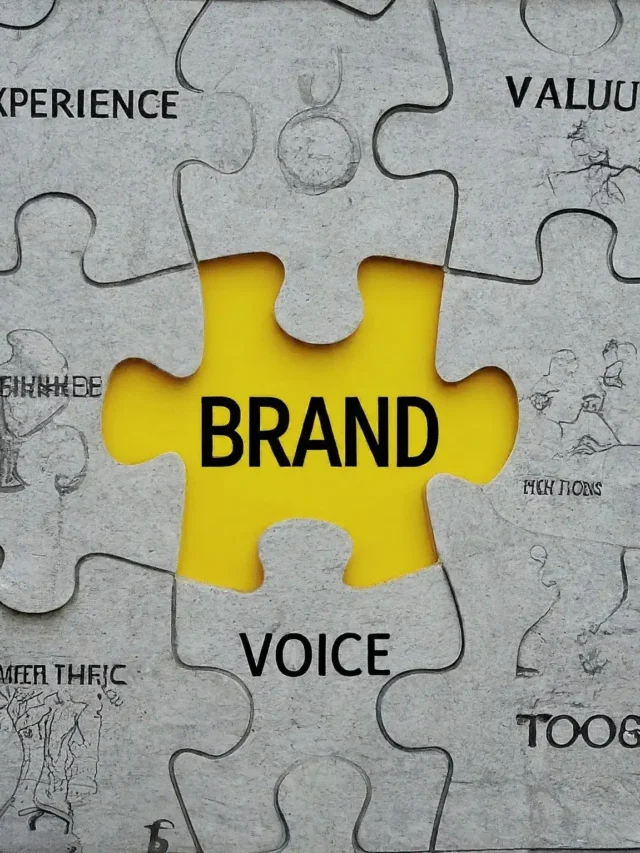Google has announced a new technology called “confidential matching” to enhance data privacy for advertisers.
Confidential matching, which uses discreet computing technology, allows businesses to use their first-party data for advertising while maintaining stricter privacy controls.
The system employs Trusted Execution Environments (TEEs), a combination of hardware and software that isolate data during processing.
According to Google, this technology prevents outside access to the processed data, including Google itself.
Google has announced a new technology called “confidential matching” to enhance data privacy for advertisers.
Confidential matching, which uses discreet computing technology, allows businesses to use their first-party data for advertising while maintaining stricter privacy controls.
The system employs Trusted Execution Environments (TEEs), a combination of hardware and software that isolate data during processing.
According to Google, this technology prevents outside access to the processed data, including Google itself.
The announcement comes as the technology industry faces increasing scrutiny over data handling and privacy concerns.
Key Features
The new system offers several features that Google claims will enhance data security:
- Default security protections for customer information
- Increased transparency into product code
- Attestation mechanisms to verify data processing
Implementation & Availability
Confidential matching is now the default for Customer Match data connections, including those made via Google Ads Data Manager.
Google plans to extend this technology to other advertising solutions in the coming months.
This technology is available at no extra cost to advertisers. This move could give Google a competitive edge in digital advertising, where privacy concerns have become increasingly significant.
Industry Reactions & Concerns
While Google frames this as a positive step towards better data protection, there is potential for Google to consolidate its dominance in the digital advertising space further.
Anthony Katsur, CEO of IAB Tech Lab, expressed support for the initiative, stating that it shows “continued momentum in adopting PET-powered solutions.”
However, it would help to have more transparency regarding how the technology works and its efficacy in protecting user data.
Broader Privacy Landscape
This development comes amid a shifting landscape in digital privacy, with increasing regulatory scrutiny and growing consumer awareness of data protection issues.
Other major tech companies have introduced privacy-focused initiatives, reflecting a wider industry trend.
The long-term impact of technologies like discreet matching on user privacy and advertising effectiveness is unknown.
Industry folks will be closely monitoring how this technology is implemented and its impacts on the digital advertising landscape.











